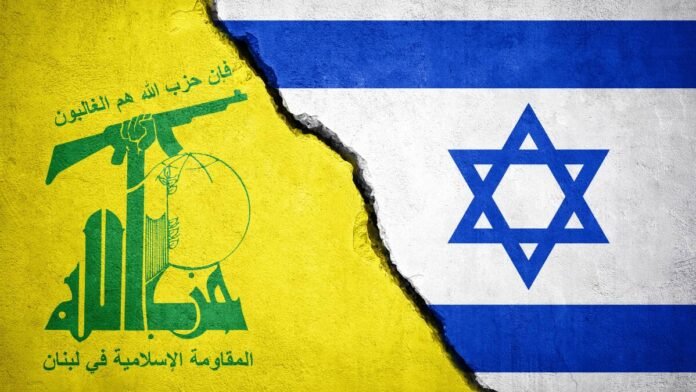Overview of the Escalation

The Middle East is witnessing a severe escalation in tensions as Israel and Hezbollah continue to exchange fire, with recent developments pushing the region closer to a broader conflict. This surge in violence began after Israel carried out a retaliatory strike on Hezbollah following a deadly rocket attack on the Israeli-controlled Golan Heights. The attack, which killed 12 children and teenagers, has sparked calls for restraint from the United States and other international actors.
The Incident: Rocket Attack and Retaliation

The recent flare-up was triggered by a rocket strike on a soccer field in the Druze village of Majdal Shams in the Golan Heights. The attack, attributed to Hezbollah, killed 12 young civilians, marking the deadliest single incident in the region since the outbreak of the current conflict. In response, Israeli Prime Minister Benjamin Netanyahu vowed severe retaliation, with Defense Minister Yoav Gallant stating that Hezbollah would “pay a price” for the attack.
International Response and Calls for Restraint
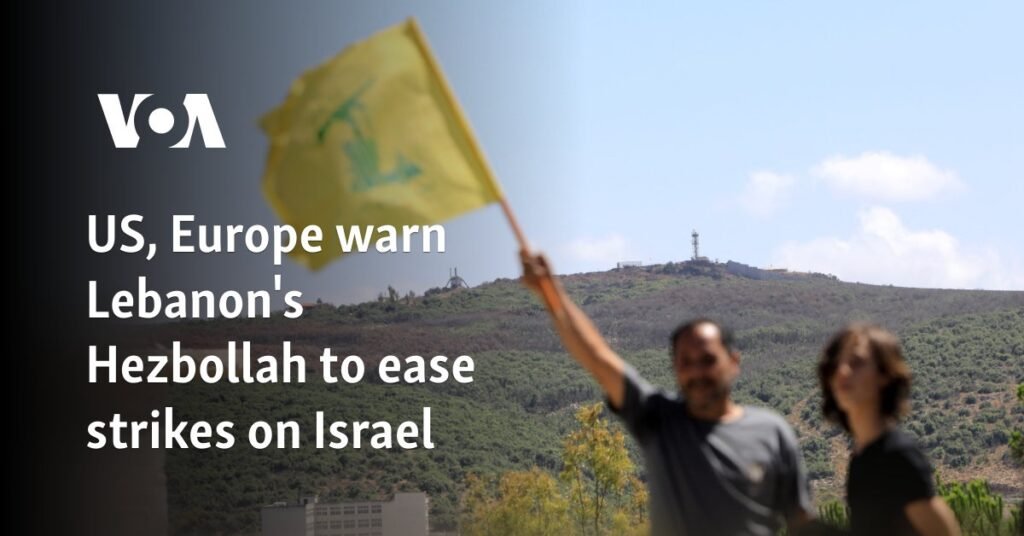
The United States, alongside other international partners like France, has been actively working to de-escalate the situation. U.S. Secretary of State Antony Blinken has emphasized the importance of preventing further escalation and is pushing for a diplomatic solution to allow residents on both sides of the Israel-Lebanon border to return home safely. The White House has reiterated its commitment to Israel’s defence while also engaging in continuous discussions with both Israeli and Lebanese counterparts.
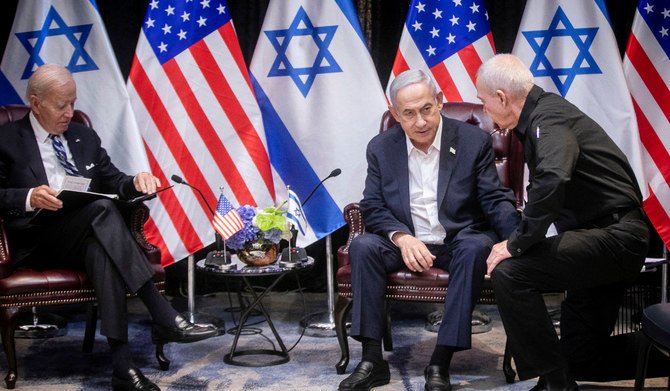
Hezbollah’s Position and Preparations
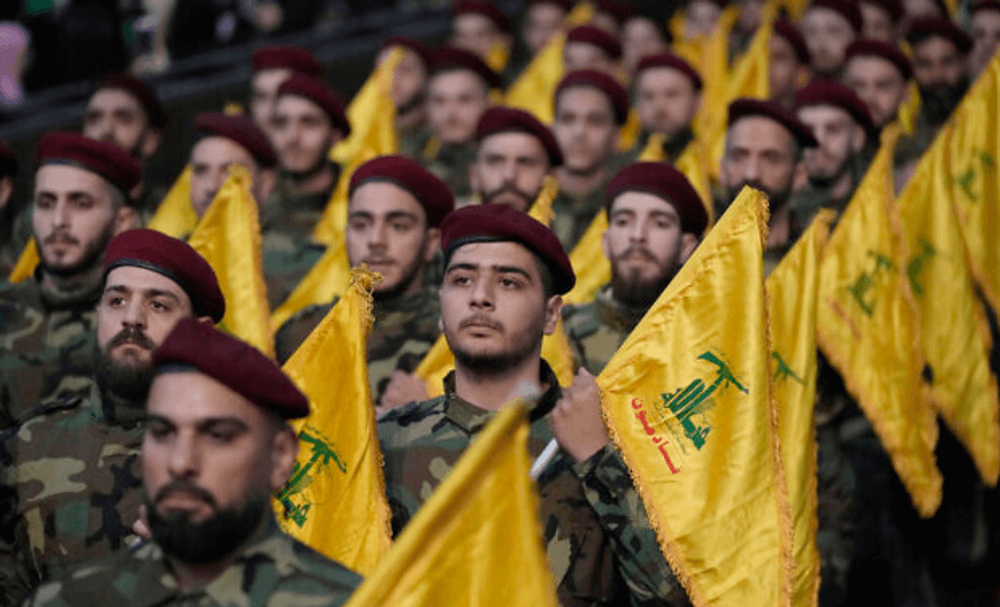
Hezbollah, while denying responsibility for the initial rocket attack, has been preparing for potential broader conflict. Reports indicate that the group has started moving precision-guided missiles within Lebanon, readying its substantial arsenal in case of a full-blown war.
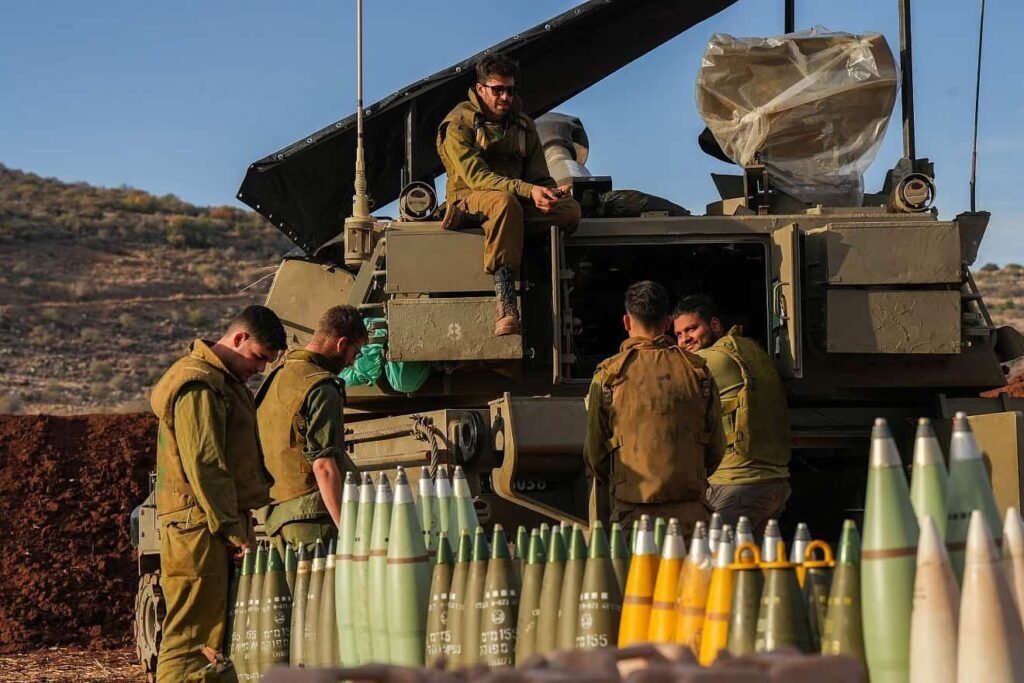
An official from Hezbollah stated that the group does not seek a larger war but will not hold back if one begins. This stance underscores the delicate balance both sides are maintaining as they navigate this volatile period.
Casualties and Humanitarian Impact
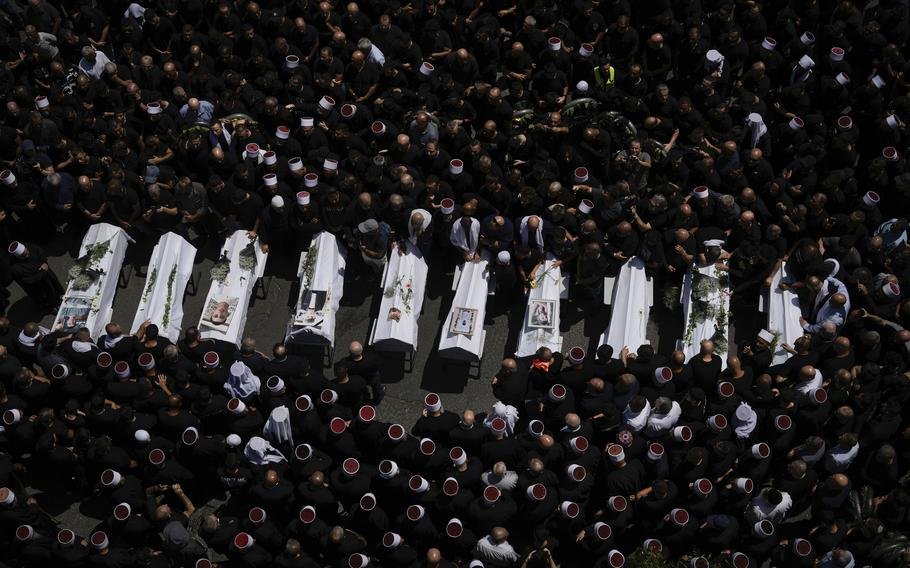
The ongoing exchanges of fire have resulted in significant casualties on both sides. In Lebanon, over 500 people, including 90 civilians, have been killed. On the Israeli side, 22 soldiers and 25 civilians have lost their lives. The conflict has displaced tens of thousands of residents, exacerbating the humanitarian crisis in the region.
Protests and International Solidarity

The violence has also ignited protests globally, with demonstrations against Israel’s military actions gaining international attention. In the United States, some unions have called for a halt to military funding to Israel, reflecting growing discontent and calls for a reevaluation of U.S. foreign policy in the region. These protests highlight the widespread impact of the conflict and the increasing pressure on political leaders to seek peaceful resolutions.
Wrapping Up
The situation in the Middle East remains precarious, with the potential for further escalation posing a significant threat to regional stability. While international efforts to mediate and de-escalate the conflict continue, the recent incidents underscore the urgent need for a sustainable resolution to prevent further loss of life and humanitarian suffering. The coming days will be critical in determining whether diplomacy can prevail over the drums of war.

